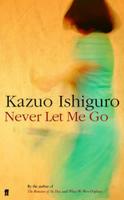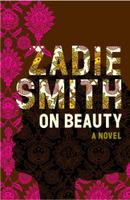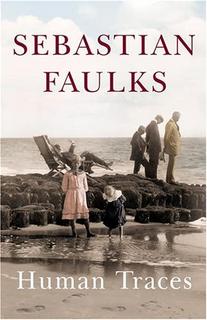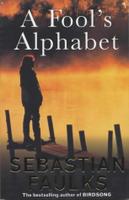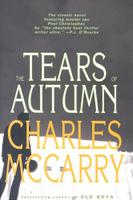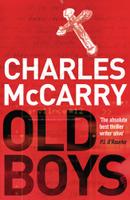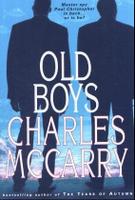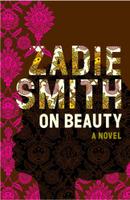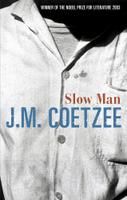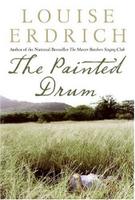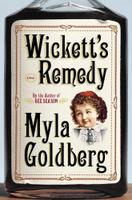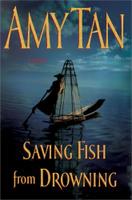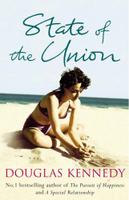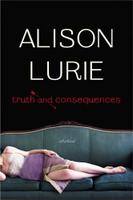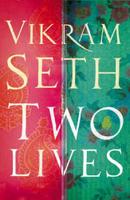Is there really a market for Malaysian fiction in English? EVERYTHING BOILS DOWN
EVERYTHING BOILS DOWN to economics at the end of the day. How many copies of a local novel in English are sold? Malaysian authors must write for a global audience – not just for the local market. The Malaysian market for local novels in English is very limited. It is not surprising if you study the statistics.
Take a look at India for instance: while growing fast population-wise, the market for books is still merely a tiny fragment. In India, most writings in English sell less than a thousand copies each, though the subcontinent has a population of over a billion people! Not exactly a very viable proposition. Malaysian writers, I believe, must penetrate the British and American markets to enjoy better market penetration in terms of sales, distribution, promotions, foreign rights, etc. (However, the truth of the matter is that not all books get to enjoy these. The publishing world is a pressure cooker; if you don't sell, you don't survive, but unlike popular or commercial fiction, literary novels are very rarely supported by huge marketing budgets and strategies.)
Tash Aw's The Harmony Silk Factory (2005) was published in the U.K. and the U.S. and was recently longlisted for the 2005 Booker Prize for Fiction and the 2005 Guardian First Book Award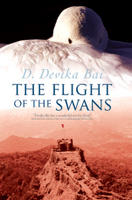 There certainly is a need for home-grown literature published in Malaysia.
There certainly is a need for home-grown literature published in Malaysia. It is always good to nurture and encourage good local writing. After all, it is difficult to get published in the United Kingdom and the United States. Even writers in these countries find difficulty getting their works published in their home countries due to one reason or another!
What’s happening now is that good novels get published overseas while the not-so-good ones are published locally, if they are published at all. Sadly, most local publishers do not see developing home-grown writing as a viable business option; most publishers prefer nonfiction and textbooks.
D. Devika Bai's The Flight of the Swans (2005) was published in Singapore

Like any other business, book publishing is indeed subject to changing trends, tastes, etc. Yes, Southeast Asian writing is doing all right at the moment but it is merely a passing fad. Books published in Malaysia do not reach a wider world audience due to many reasons.
Whether a local writer publishing in the West can create literature that really addresses Malaysian issues will really depend on the writer’s skills and maturity. Though I cannot dispute the fact that literature has an important role to play in addressing social issues and educating us on a wide variety of topics, I also believe that it must also entertain us and teach us stuff we never learnt at school or university; so much better if literature can do both simultaneously.
The world is a big place and there's no stopping writers from exploring any issue under the sun. Yes, literature can change the world.Rani Manicka's The Rice Mother (2002) was published in the U.K. and the U.S. while Touching Earth (2004) was published in the U.K. The Rice Mother is the winner of the 2003 Commonwealth Writers Prize, Southeast Asia and South Pacific Region, for Best First Book
 Sharon Bakar
Sharon Bakar hits the nail on the head when she said that there is a real lack of editing skills here in Malaysia.
“Editors act as gatekeepers, making sure that second-rate writing does not flood the market. Editors must reject the second-rate, encourage and support first-rate writers.” Yes, developing good editors takes time, effort and commitment. Editors must edit more, but we must consider the realities of the workplace, where editors are subject to punishing schedules by publishers.
However, good publishers are indeed a rarity, especially those who appreciate the value of good editing. What we need are publishers who grapple with the conflict between perfectionism and commercialism and at the same time try to find ways to improve public taste.It is imperative that publishers exercise discretion in the kinds of books they publish. Quality must always come into play in the assessing of manuscripts. Readers must never be shortchanged. After all, imported fiction has historically been the first priority for serious readers of literature.
The questions we need to ask are: How do you go about maintaining the quality of manuscripts? Are there enough quality manuscripts published at regular intervals to sustain publishing as a business in the long term in Malaysia? What about retail support? What about the support of the local press in terms of author interviews, book reviews, book supplements, etc.? We must not forget that we are now living in an age where publishers have to pay to display their products in strategic locations within bookshops.


